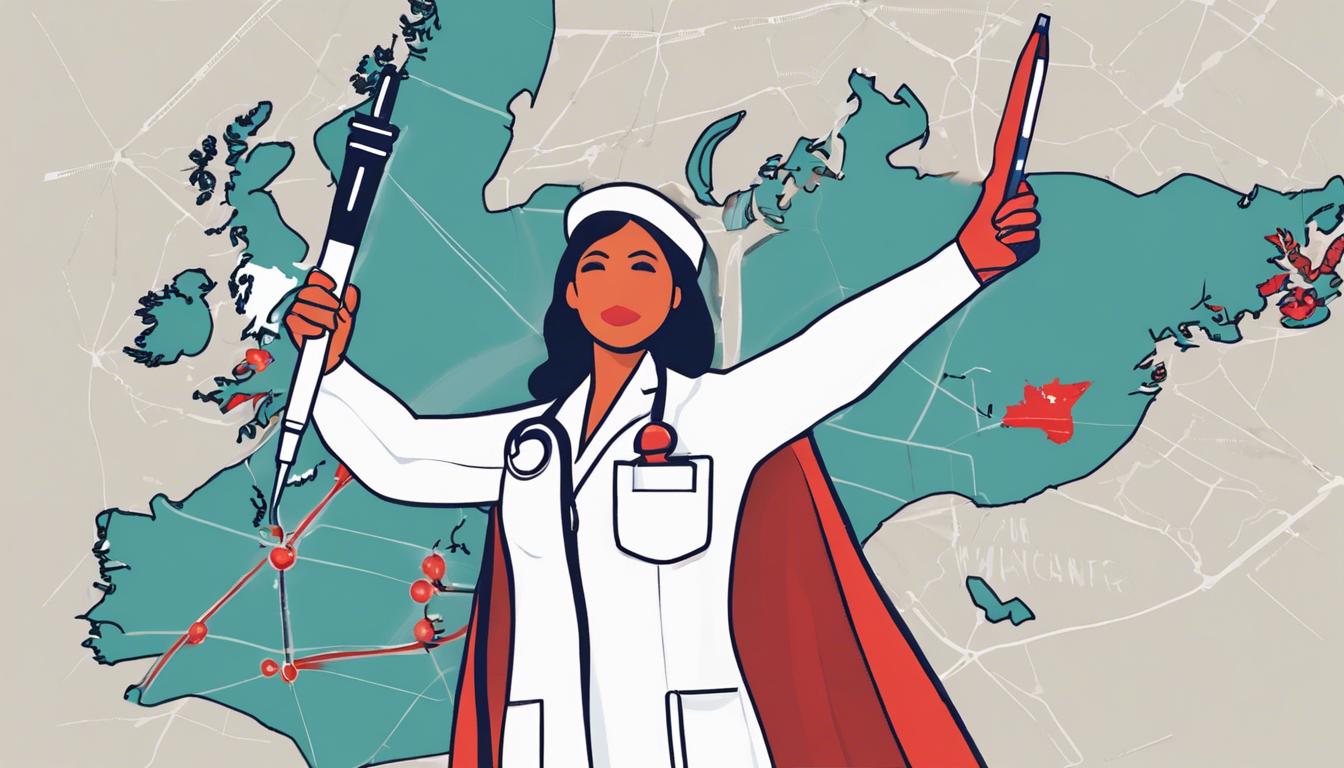In an effort to combat rising measles cases, the NHS is targeting young adults aged 19-25 for MMR vaccinations, addressing a significant vaccination gap across the UK. Similar initiatives are underway in the US as health authorities strive to curb the disease’s resurgence.
In the UK, the National Health Service (NHS) is urging young adults between the ages of 19 and 25 to get vaccinated against measles, mumps, and rubella (MMR) amid rising cases of measles. This initiative seeks to address the vaccination gap in over 900,000 individuals who missed their MMR doses as children, focusing on high-need areas such as London, Manchester, and the West Midlands. The decline in MMR vaccination rates dates back to the late 1990s and early 2000s, influenced by a since-debunked report linking the vaccine to autism. With current data showing only 85% of children receiving both vaccine doses by school age and 733 reported measles cases in England since October, health officials emphasize the importance of vaccination to prevent the spread of these infectious diseases.
Similarly, in California, health authorities are responding to a potential measles exposure incident at UC Davis Health in Sacramento, where approximately 300 people may have been exposed to measles following the visit of an infected child on March 5. With the disease’s highly contagious nature, officials are urgently contacting those at risk, advising against direct ER visits to prevent further transmission. The situation arises within a larger context of increased measles cases reported in the United States, with 45 instances identified across 17 states in 2024. The CDC and WHO express concerns over declining childhood vaccination rates globally, highlighting the risk of not vaccinating on individuals and public health.
Both the UK and US are tackling the implications of reduced vaccination uptake through targeted campaigns and public health initiatives, aiming to curb the resurgence of measles and protect vulnerable populations.
